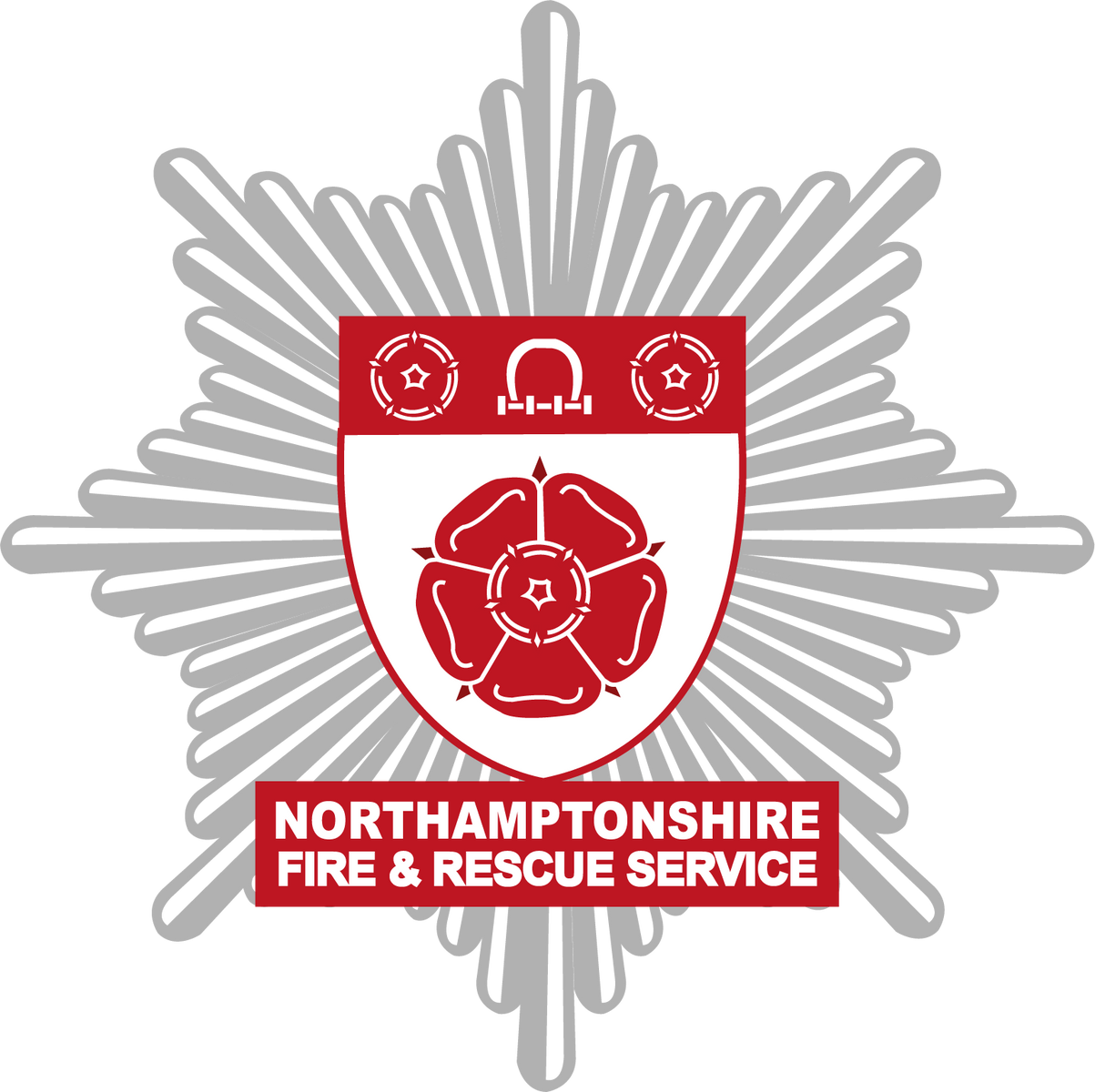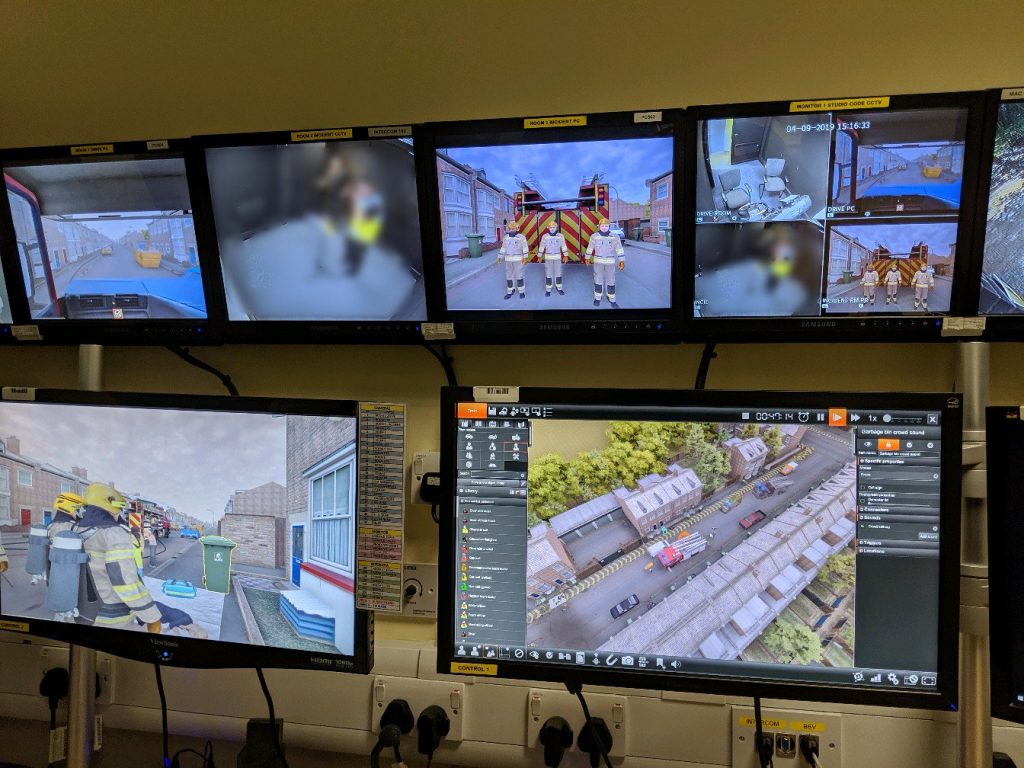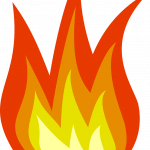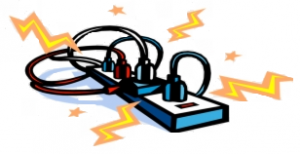Remote working has been tested to the extreme by the Fire Service’s Incident Management Team who, during the current pandemic, have been mastering the art of accessing ‘simulated realities’ from home.
This technology is regularly used at the Command Development Centre in Daventry to stage realistic scenarios on screen and test the ability of Incident Commanders to respond to them.
The XVR software involves a simulated incident being shown on screens, ranging from large-scale, multi-agency incidents such as shopping centre fires, to smaller property fires. The Incident Commanders can then respond to events unfolding, as would happen in real life.
The screens can show everything from the route a fire engine takes to an incident, to the gradual escalation of a fire and even characters on screen (avatars) who will interact with Commanders, just as members of the public such as business/home owners or neighbours would do.
The process is used to test every aspect of the fire service’s job and is often used as assessments for Incident Commanders – whose role it is to deliver the best strategy to logically and efficiently deal with a particular incident.
With remote working encouraged as much as possible during the Covid-19 restrictions, the IMT have been continuing their training and assessments by one of the IMT team accessing the software remotely, which limits the number of people who need to be present at the CDC.
This coupled with more stringent distancing and cleaning measures at the CDC has meant that assessments can still continue and provide the Service with assurance of its Commanders.
Gary Welch, IMT Station Manager, said: “Some of my team still have to be at the CDC but we are making use of technology which allows a secure connection from outside the CDC.
“We have to make sure we manage competency at all levels but the restrictions did pose more challenges.
“This technology has given us more freedom and has forced us to explore other avenues of working we did not need to rely on before.
“Over the past 2 years we have been continually evolving and reviewing the way that we work. This has resulted not only in more efficient ways of working but has ensured that we are providing the most realistic and immersive experience for those attending training, development and assessment sessions.
“Given the current situation and the team providing support in other areas of the Fire Service, we have been looking at ways that we can continue our core functions with limited personnel as well as protecting those people who we come into contact with. This work has involved the use of technology and being able to use XVR (our command software) remotely. Not only this, but we are currently exploring other ways that we can provide personal interaction with candidates via other methods, such as Skype and remote video links.”








 Fire Risk Assessment (worked example for House in Multiple Occupation (HMO)) (PDF 389KB)
Fire Risk Assessment (worked example for House in Multiple Occupation (HMO)) (PDF 389KB)
